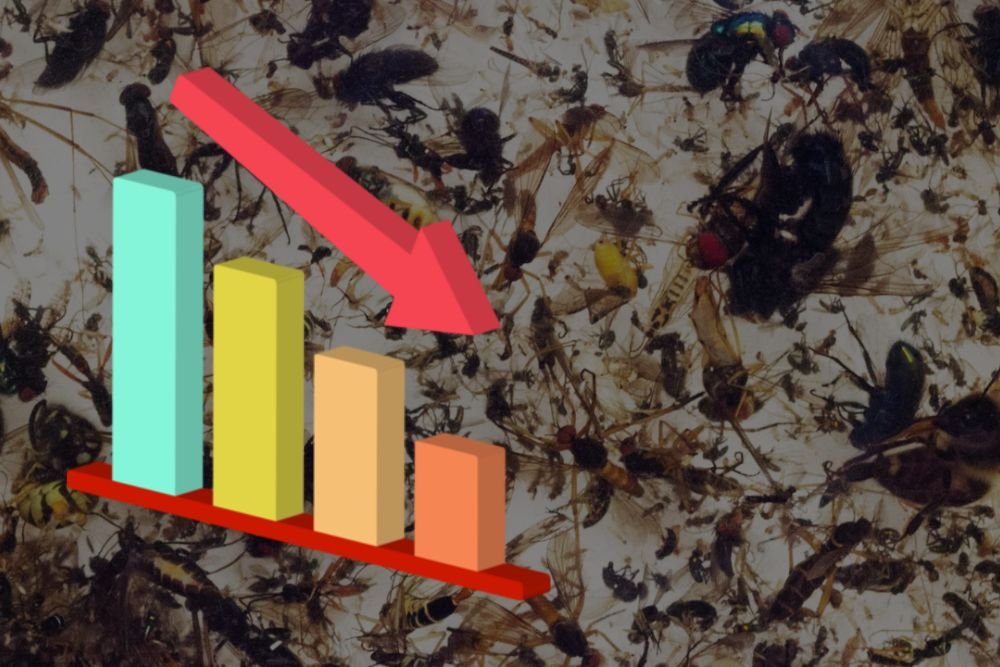Study Finds Insect Populations Declining Even in Pristine Habitats

IOWA CITY, IOWA – A new ecological study has revealed that insect populations are declining sharply even in areas largely untouched by human activity, with climate change identified as the most likely culprit.
20 Years of Data in a Remote Meadow
Researchers from the University of North Carolina at Chapel Hill monitored flying insect densities in a remote Colorado mountain meadow over 15 summers between 2004 and 2024.
Their findings, published in the journal Ecology, showed insect populations declined by an average of 6.6% each year — a 72.4% drop over the 20-year period.
The samples included common flies and a wide range of winged insect species, making the decline consistent across multiple groups.
Climate Change Identified as the Key Factor
Lead author Keith Sockman, an associate professor of biology at UNC, said the study’s results are troubling because they occurred in an environment with minimal direct human impact.
“It’s quite remote, quite pristine, and yet still showing this substantial decline in insects,” Sockman said.
With no evidence of habitat destruction, agricultural runoff, or pesticide use in the area, researchers concluded that warming summer temperatures were the strongest driver of the population drops.
Weather data collected from a nearby NOAA station over 40 years provided strong evidence linking hotter summers to insect declines a year later.
Global Implications
Entomologists warn that while many people view insects as pests, their decline poses a serious ecological threat.
Jonathan Larson, an entomologist at the University of Kentucky who was not involved in the study, agreed that climate change is a likely factor.
“Insects are some of the foundational organisms to our planet,” Larson said. “Their disappearance has consequences that ripple through the entire food chain — from birds and frogs that eat them, to larger animals, and even humans who depend on those ecosystems.”
A Broader Trend of Decline
A 2019 analysis estimated that more than 40% of insect species worldwide are threatened with extinction, citing agriculture, pesticide use, and climate change as key drivers. This new study highlights that even in the absence of direct human interference, climate pressures alone may be enough to devastate populations.
Scientists hope the findings will push policymakers and the public to treat insect declines as a global crisis tied closely to climate change. For more environmental research and regional updates, follow ChicagoMusicGuide.com.
